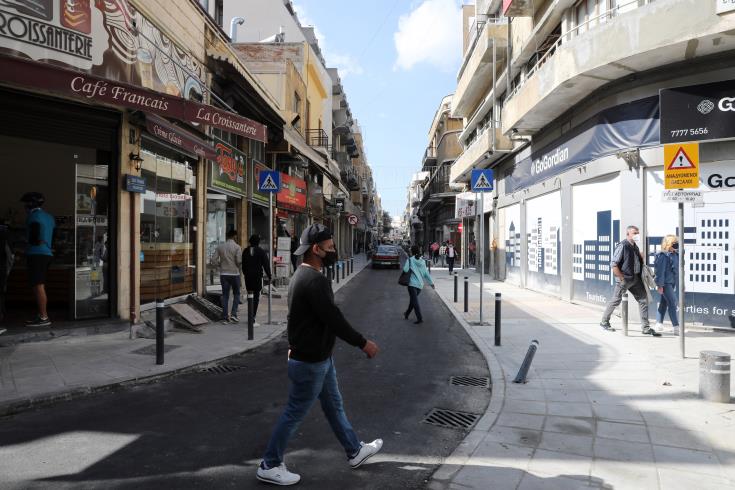Scientists advising the government on coronavirus are cautiously optimistic Cyprus will have a ‘quiet’ summer, as they anticipate infections dropping to double digits during the hottest months of the year.
In comments to the Cyprus News Agency, University of Nicosia Medical School professor of virology Dr Peter Karayiannis said he expected daily COVID-19 cases in the summer to drop to double digits, on the condition, there are “no surprises” with a new variant.
Karayiannis bases his upbeat projection on the increased vaccination coverage and compliance with health protocols.
Cyprus reported less than 200 cases for a third day running on Sunday, despite the end of a two-week lockdown imposed in late April when cases hit a record 941.
“I believe that despite the relaxations, things are going well. I hope that with today’s additional relaxations, there will not be small surges, but on the contrary, we will continue to see a downward trend.”
At the same time, Dr Karayiannis voiced concern about the possible importation of the Indian variant of COVID-19 to Cyprus.
So far, no cases of the Indian variant have been identified on the island.
He expects a “tranquil” summer “provided a new variant is not imported, particularly the more infectious Indian variant now in the UK, which has prompted authorities to bring forward the second dose of the vaccine to protect vulnerable members of the population”.
Although not widely transmitted in the UK, scientists are concerned it could become the dominant variant due to its 50% higher transmissibility.
“That is why they are trying to contain it with vaccination coverage because it appears the vaccines are effective.
“But there may be a need to raise the population’s vaccination coverage from 65% to 70%, perhaps even as much as 85%.”
He believes that compliance with health protocols and building Cyprus’ vaccination coverage should protect the island from any variants.
“The more people are fully vaccinated, the more we will be able to restrict the transmission of the virus so that we have double digits.
“But the virus will not fully disappear from the community as people will be travelling more and tourists will be visiting,” said Karayiannis.
Asked about a fourth wave in the autumn, he said scientists cannot know as it depends on the percentage of fully vaccinated people.
He said the necessity for a COVID-19 booster shot was widely discussed.
“I believe a third dose, acting as a booster, will be needed.
“At the moment, we do not know how long the immunity from vaccines will last, and it would be a good thing to buttress against the virus to cover the variants.”










